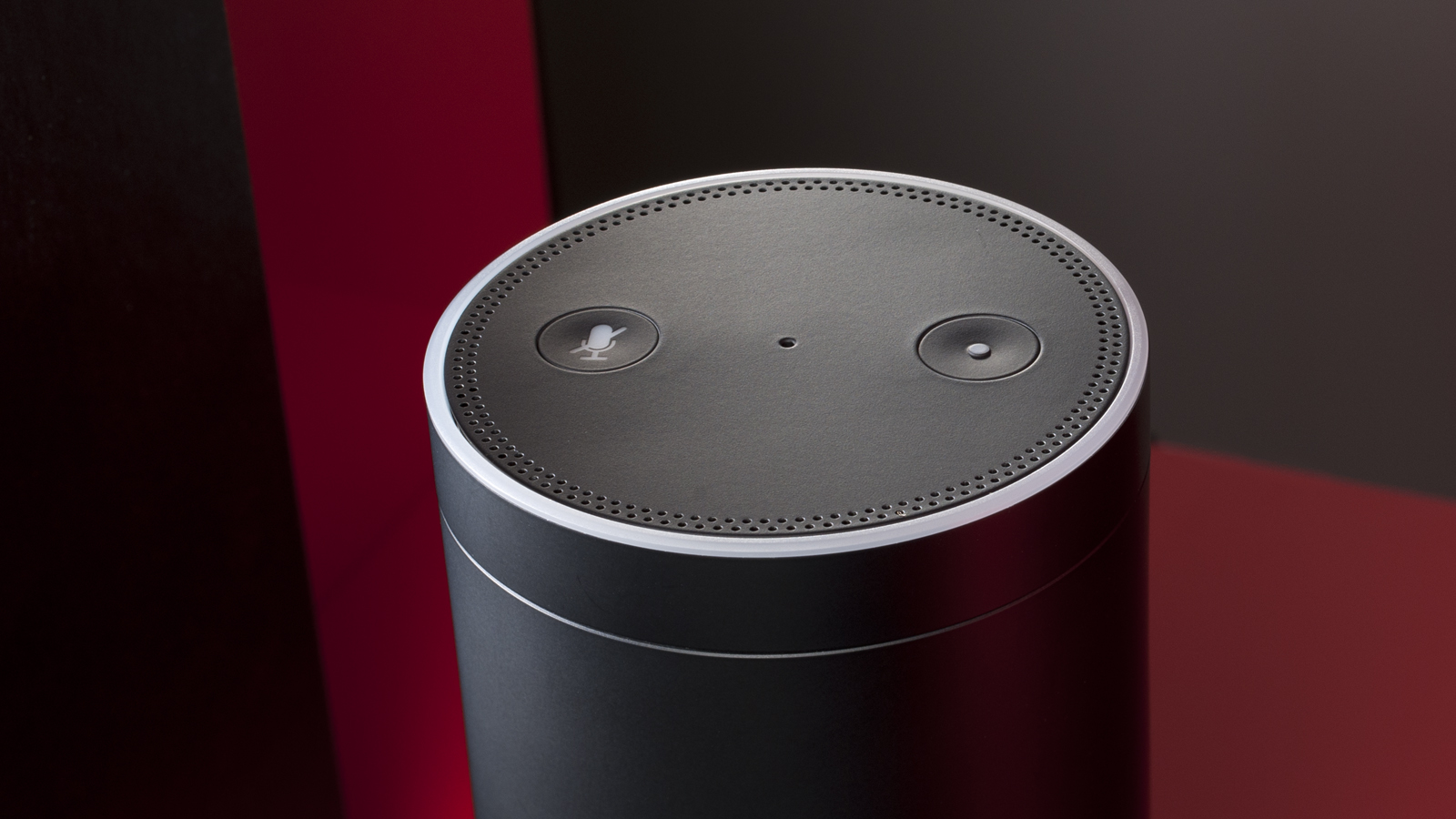Google Home could be the Amazon Echo competitor we've been waiting for
Google will unveil new device during IO 2016

Google will announce its voice-activated home device during the IO 2016 developer conference on Wednesday, anonymous sources speaking with The New York Times confirmed.
We previously reported Google would come out with its own take of Amazon's Echo speaker called Chirp, but that was likely just a code name. Google Home will reportedly come to market in the fall, but Google is already far behind the competition.
Google first announced its home automation initiative, dubbed Android@Home, back in 2011, but didn't do anything with it. The company then purchased home automation company Nest for $3.2 billion in February 2014.
Google also released a line of smart routers called OnHub, made by partners Asus and TP-Link. OnHub recently received support for IFTTT, a software platform that can help users perform simple tasks like alerting parents when a child comes home.
Smart competitors
Google already has its own mobile voice assistant in Google Now, but Google Home will be tailored to performing tasks around the house.
Amazon carved its own niche in the home with its Echo speaker and its Alexa voice assistant. Amazon Echo can currently perform tasks like calling an Uber, ordering groceries and reading the top news of the day.
Apple also has its own Siri voice assistant, but its abilities are quite limited compared to the competition. Siri is great for asking basic questions, but isn't smart enough to perform complex tasks just yet. However, Apple does have its own HomeKit framework to help developers integrate Siri into smart home devices.
Get daily insight, inspiration and deals in your inbox
Sign up for breaking news, reviews, opinion, top tech deals, and more.
Facebook is also dabbling with artificial intelligence with its chatbots, which aim to help users perform simple tasks, like finding news and even online shopping.
We're hours away from seeing Google Home in the flesh. For Google's sake, let's hope it's not an unwelcome house guest.
- Stay tuned as we bring you all the latest news from Google IO 2016
